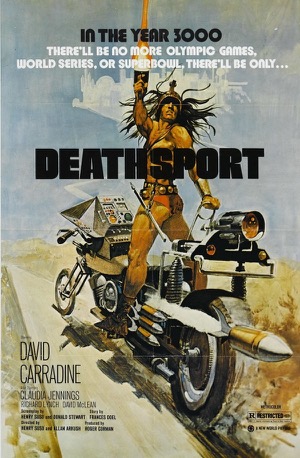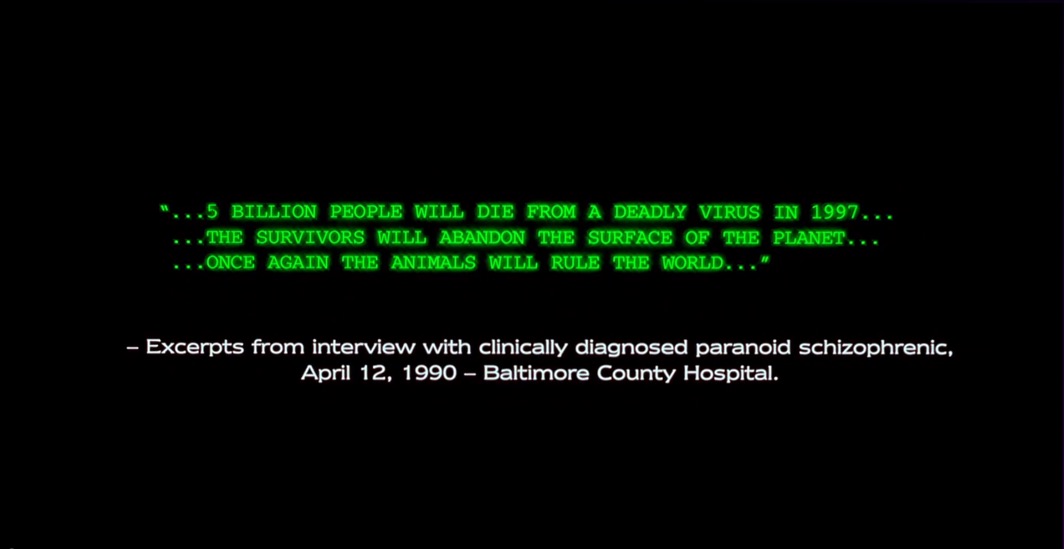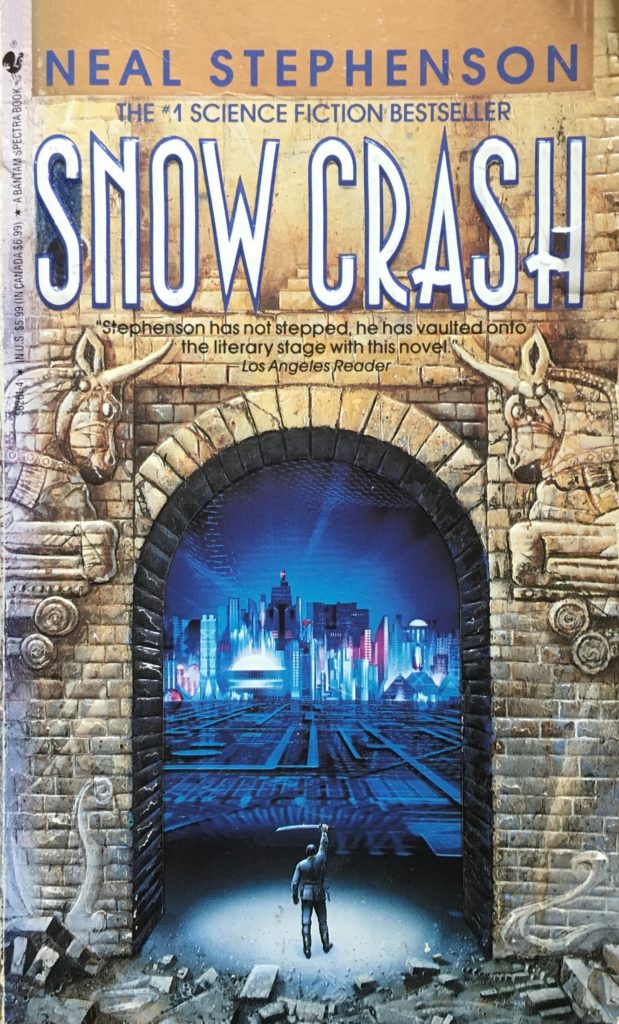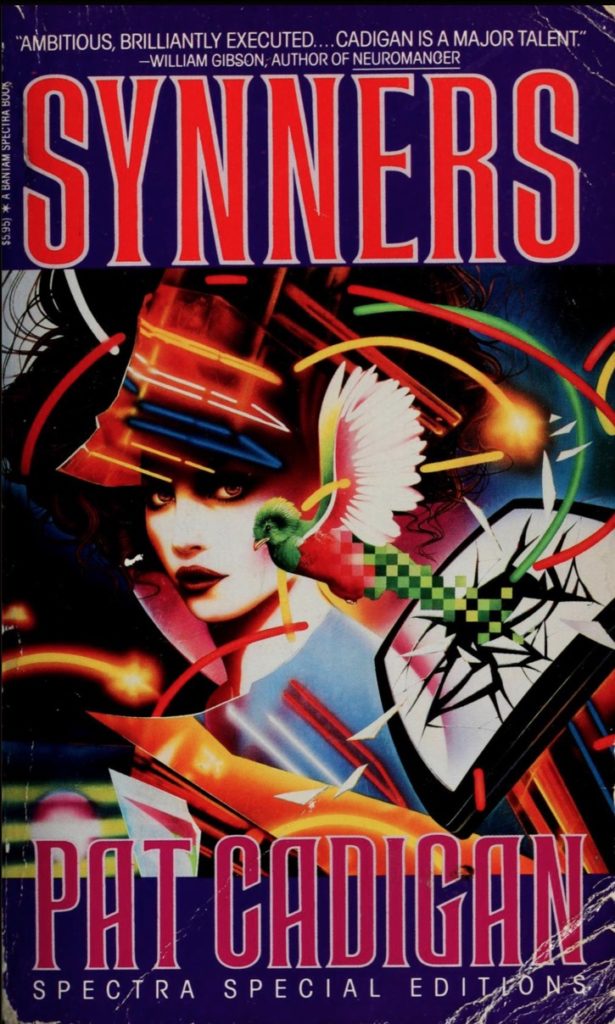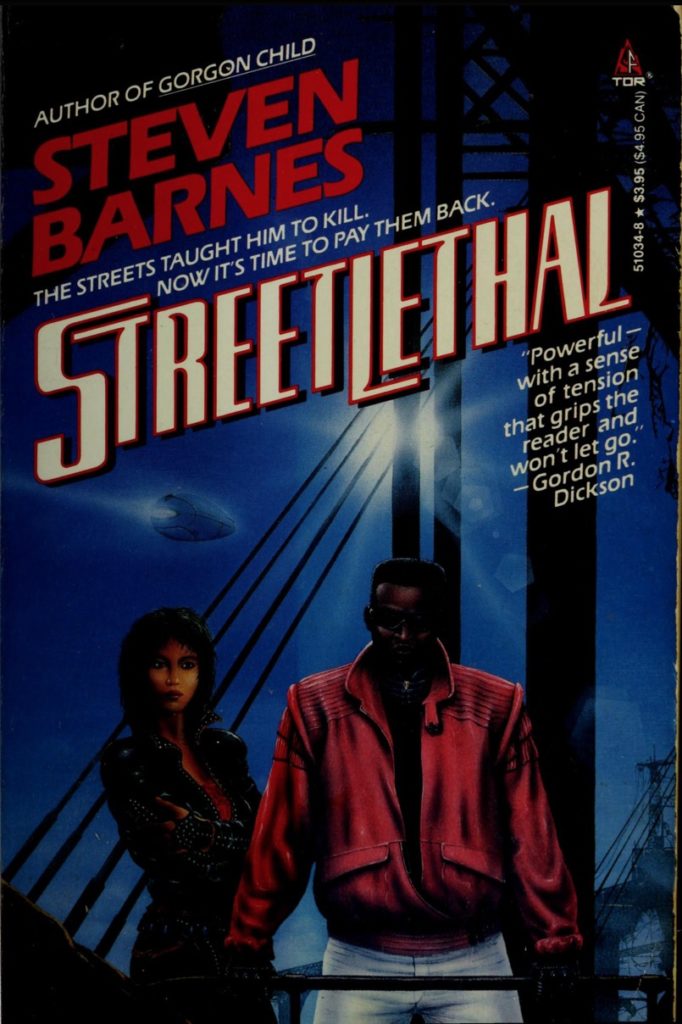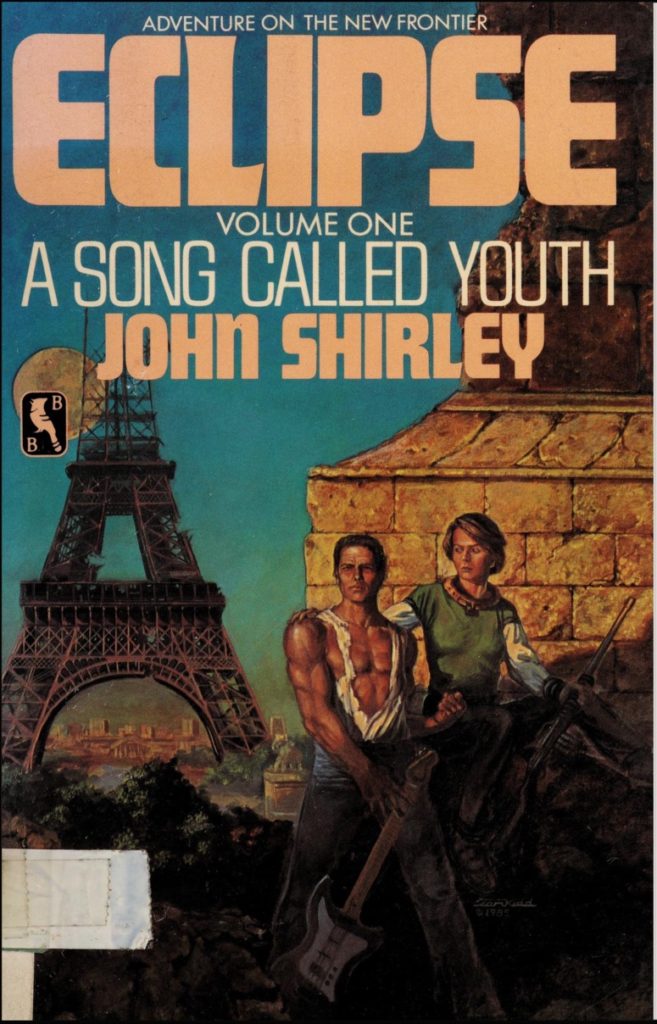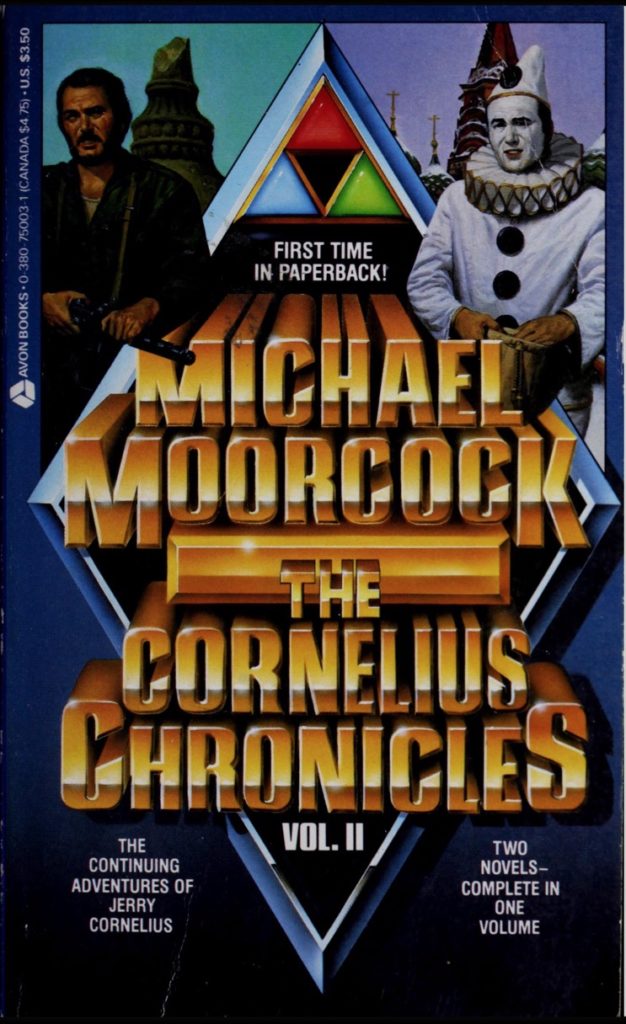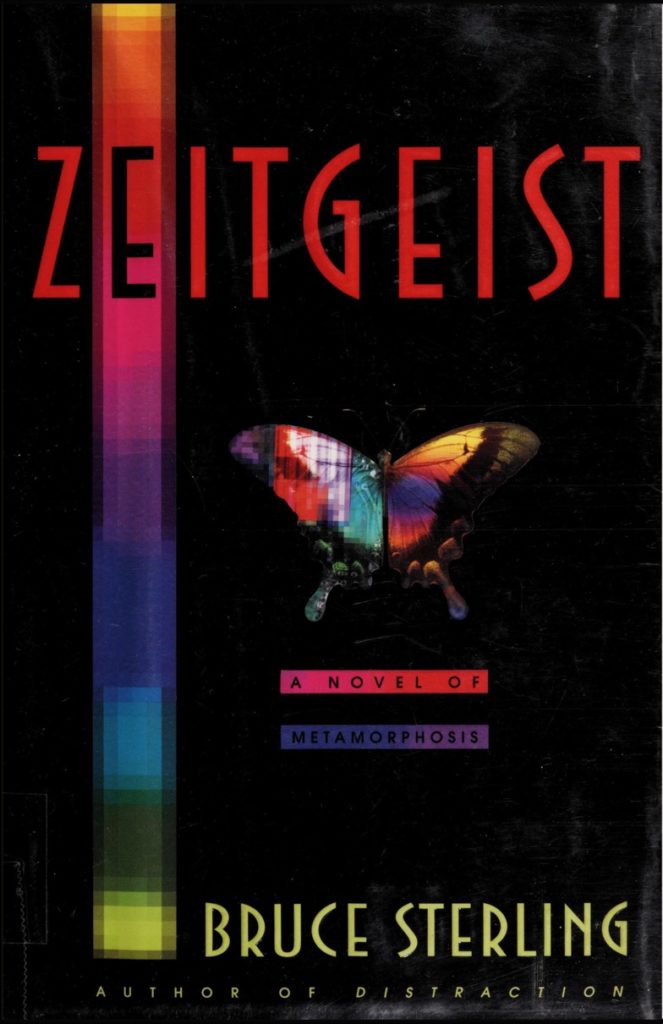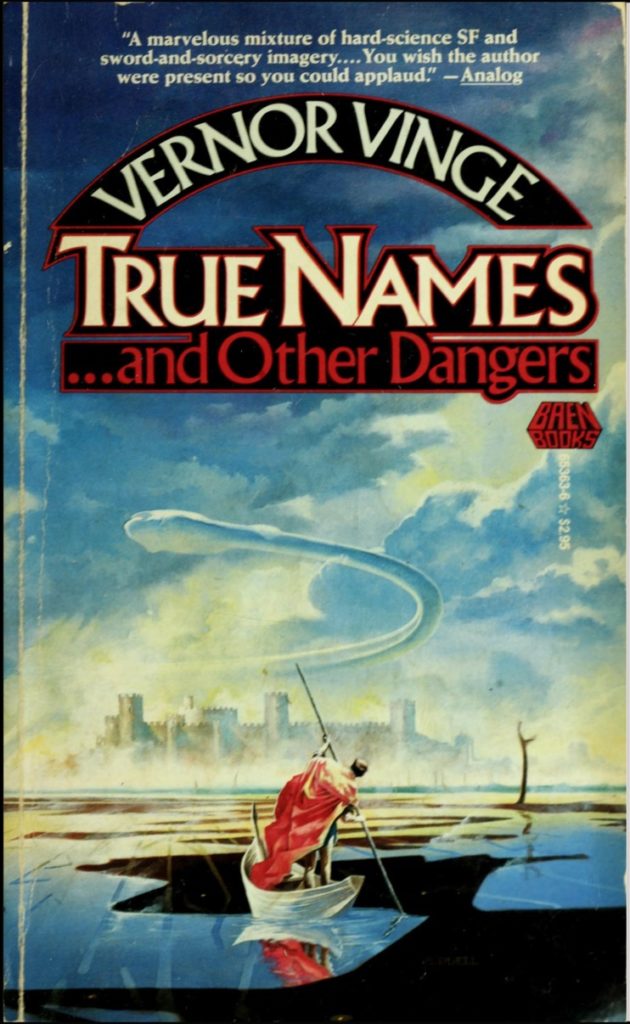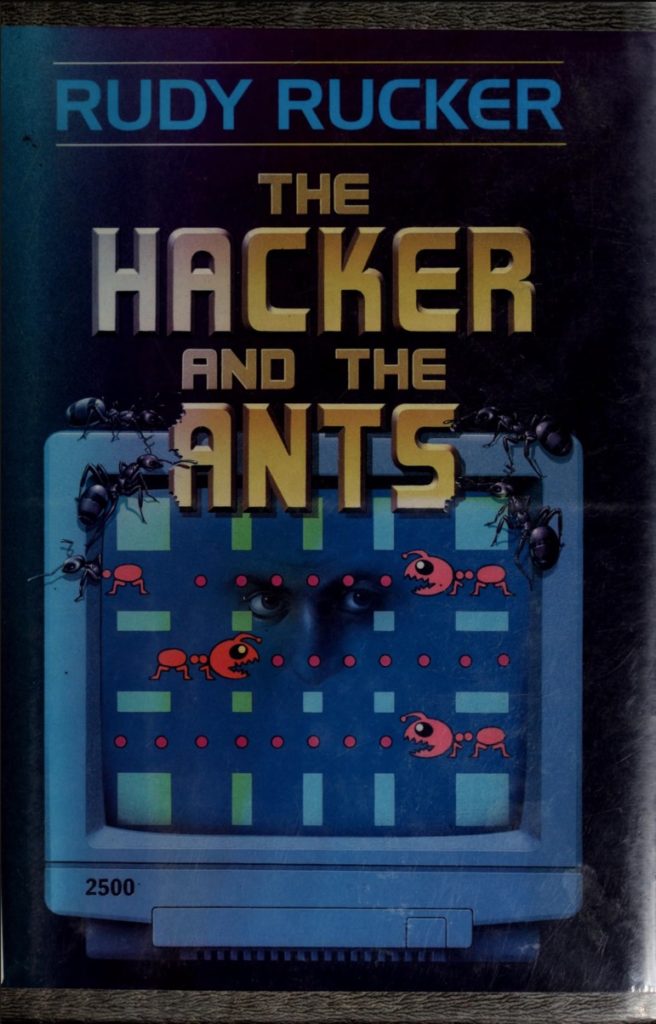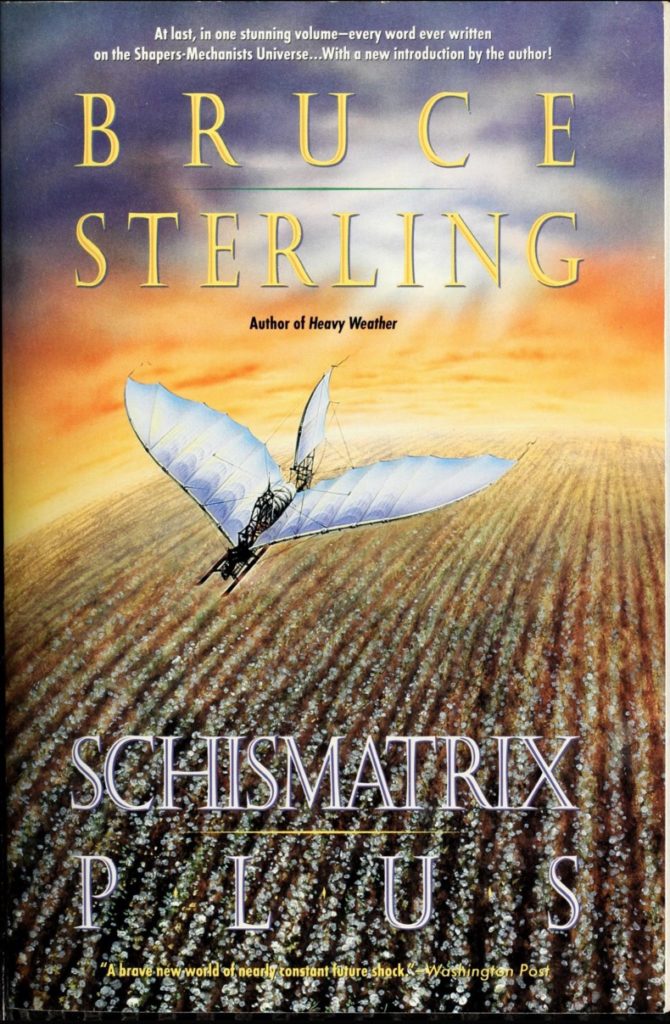A bit of Robert Heinlein's All You Zombies, a bit of Doctor Who, a lot of every buddy caper flick. Not nearly as clever as it thinks it is. Or I've just read too many competent time travel stories to tolerate most of what ends up on film.
The first half does its best to never tell you what's going on, and at the point where you'd get an infodump, the scene just switches away. Obnoxious writing trick to avoid having to think some of it out.
I don't much like the brown-on-brown film coloring for much of the footage, but it's not constantly cyan-and-orange, so I guess I'll let it pass.
Denzel's kid John David Washington is OK, he's slightly snarky or unserious when he should be serious, but competent enough. Robert Pattinson is a mess, his fake accent is weird, and he has zero affect, either a robot or a sociopath, as has previously been noted: He was perfect as the vapid lead in Cosmopolis but anything else is asking too much of him. My Cocaine Michael Caine has a somewhat pointless but fun little cameo. Kenneth Brannagh's beard looks super weird and artificial, I'm distracted from his generally superb scenery chewing by that weird growth on his face. Elizabeth Debicki is leggy and sleek, but totally extraneous.
SPOILER
So, the trick is you can reverse time flow on an object or person, by just walking through a big iron turnstile; zero special effects budget, literally all they ever use is running some film backwards.
If you reverse bullets, a forward-time observer sees them pulled out of the target. All the Protagonist can think to do with that is a few parlor tricks, go "whoa" like Keanu, and does occasionally avoid standing in front of bullet holes. There's a lot of interesting things you could do with this, the film never does. Shoot a bullet now, pull it out "later" (by one perspective or another), it's the best sniper kill. Nobody else pays attention to bullet holes, damaged cars, etc. until it's too late, which is probably supposed to be suspenseful but it leaves me in contempt of these idiots.
There's a point where they clearly just brain-farted: A reversed driver car chases the Protagonist… driving backwards, in front of them. No. The car isn't reversed, the driver just sees the world going the wrong way around. The entire bomb caper is weird, often confused, but that was the weirdest.
And while it's not a major plot point, suppressed pistols are not silent. It's not "thwip", dead, it's more like a gunshot down the block instead of in your ears. The locked doors all over are weirdly inadequate, they have both keypad and tumbler lock; most such are very low-grade security, where you want fast access but a key in case you lose power. The good keypad locks are keyless, or a high-security tumbler that can't be bumped like Protagonist is shown doing. This is kind of a major plot point, and I don't believe the villain would use such shitty locks to protect his doomsday machine.
Very quickly they jump to spending long periods of time reversed, mostly hiding in cargo containers or ships with sealed air, so they can go back and fix their previous screwups. Their "temporal pincer attacks" don't make any sense, the people in reverse just end up fighting people in reverse because they're moving back before go-time. Protagonist does eventually figure out how to do things right: See the aftermath of something, wait for the event, follow it back to the cause. But he does it very badly, continuously gets beaten up and rescued.
The entire plot of the arms dealer's wife is extraneous to the 2.5 hour film, and adds about half an hour to it; it should've been the first thing cut. The only thing I liked in that entire bit was the diving woman.
And turning the entire thing into "oh, there's nine Horcruxes and we have to stop Voldemort from assembling them" is just silly.
The finale is just a big messy gunfight in a California gravel quarry, no better than classic Doctor Who but wasting millions of times more money. I'd rather watch Jon Pertwee spinning out his jalopy than this.
And of course the All You Zombies twist: There's never been any other mastermind. But where do all you zombies come from?
This movie makes me greatly miss the Netflix series Travelers[sic], which made intelligent use of knowledge from the future.
★★★½☆ — there's a better movie buried somewhere under the flab and stupid characters, but this ain't it.
